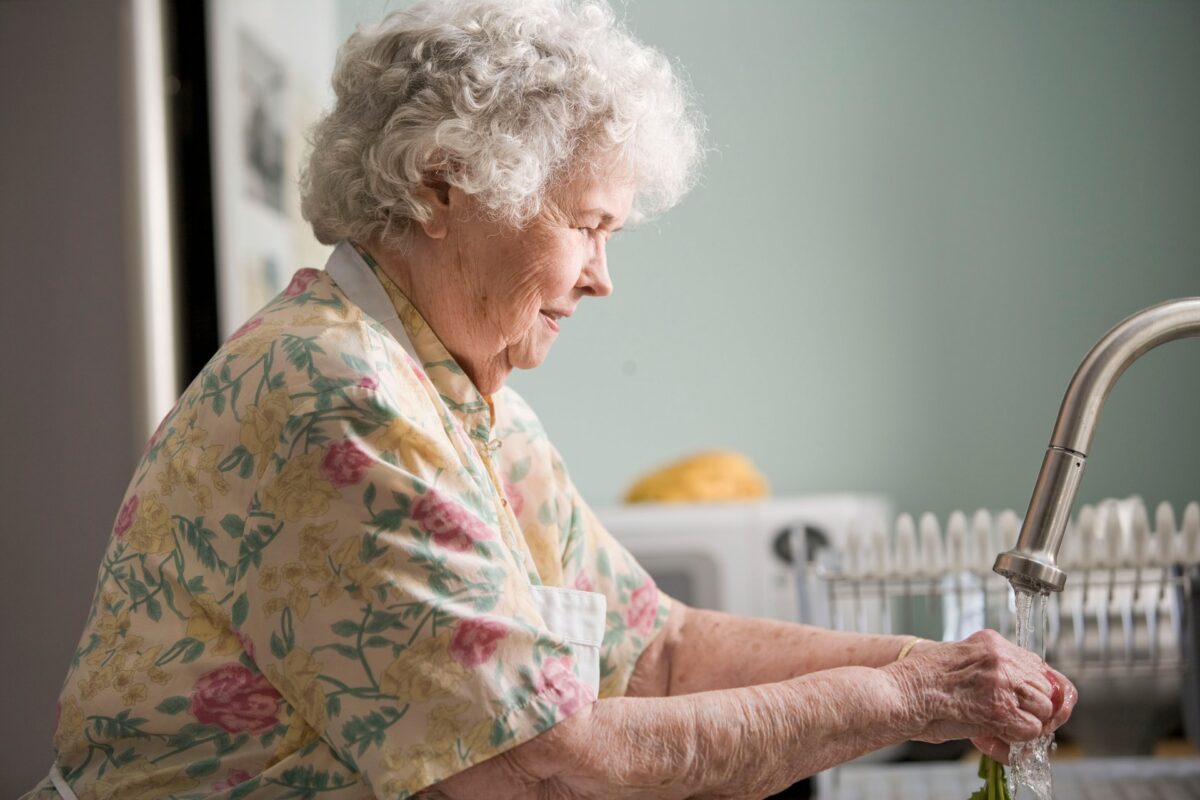Currently, there are around 703 million people over the age of 65. However, it’s estimated that this number will grow to 1.5 billion by 2050. We have been able to keep up with the growing aging population. Due to the change in technology, elderly care is more efficient and less expensive, but more importantly, is improving the quality of life and longevity.
Today healthcare professionals can expeditiously monitor their patients from remote locations and ensure that they remain healthy with low chances of falls and dehydration, with technologies such as iv hydration therapy and others. Here are a few more technologies that can help improve elderly care:
Artificial Intelligence
Artificial intelligence technology (AI) is emerging at a rapid pace. But did you know that it’s already starting to make a change in the lives of people who are living with dementia? While the role of AI in elder care is still unclear and needs more research before it can be fully understood, there is no doubt that it will only get better as time progresses.
Elderly care will keep improving as AI assistants become more sophisticated. The new cases for this technology are also spreading to different areas in our society – such as education, healthcare, law enforcement, and many others that we might not even imagine yet.
Telemedicine
Telemedicine is a technology that uses digital communications and online services to help patients to receive healthcare. It was originally designed for patients who cannot travel far from their homes, actively used during Covid-19, but now it can be used in other fields like elder care.
It requires the utilization of different technologies to help healthcare services reach the people who need it the most. In addition, telemedicine can bridge the gap between healthcare providers and patients, thus improving the quality of treatment.
Telemedicine has the potential to transform the way we age and care for our elderly. It has been shown that telemedicine helps improve quality of life as well as eliminate financial burdens by reducing out-of-pocket medical costs and increasing access to healthcare while offering a safe, monitored environment.
Due to the growth in elder care, telemedicine is no longer limited to hospitals, and in fact, research is being conducted to allow it to be used in-home care and elder care facilities.
Security
As the population in developed countries ages, the demand for elderly care will continue to increase. Technology has already seen a significant improvement in elderly care. For instance, security technology has helped to reduce petty crimes and prevent theft. These technologies can be used to improve elderly care by assisting caregivers with patient identification and monitoring.
Healthcare technology, such as mobile health applications, is also being implemented into the home to improve the quality of life of older people.
Medical Alert Systems
Medical alert systems are wearable devices that alert caregivers when the elderly require attention. It has been used to monitor the elderly and prevent them from wandering off and getting lost. There are also some interesting cases where medical alerts systems have helped improve care for the elderly.
Medical alert systems can be used to help care for people who cannot speak or communicate for themselves, such as children or patients in hospitals.
Conclusion
We are fortunate that technology continues to develop as the population continues to grow. The changing trends will continue to change and aid to match our aging population. It will not only aid a booming industry but will ensure that our elderly loved ones have a better quality of life.
